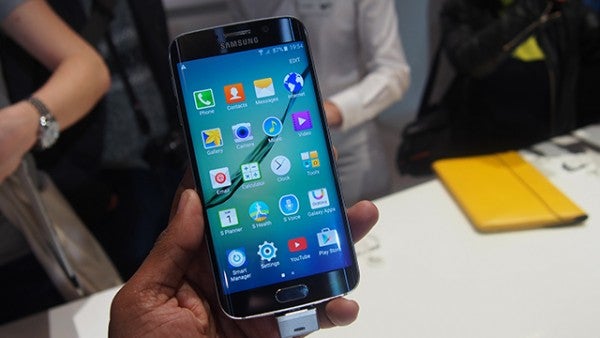Someone hates bloatware so much they’re suing Samsung

There’s no denying Samsung is a formidable smartphone manufacturer, but there’s always been one major problem that’s plagued its handsets.
We’re talking about bloatware – that’s the bevy of apps that come pre-installed with Samsung handsets, and other companies’ smartphones too.
As a result, the Shanghai Consumer Rights Protection Commission (SCRPC) has levied two lawsuits against both Samsung and Chinese tech firm Oppo.
According to the suit, both companies sell smartphones that have pre-installed apps that are difficult, if not impossible, to uninstall.
It argues that
While bloatware exists on countless devices across many manufacturers, the SCRPC claims Samsung and Oppo are the worst offenders.
The Samsung Galaxy Note 3, for instance, was found to have 44 apps installed fresh out of the box.
The Oppo X9007, meanwhile, reportedly carried an incredible 71 pre-packed apps.
Related: Best Android Smartphones 2015
Thus, the SCRPC wants to make sure manufacturers let consumers remove these apps, and become more transparent about pre-installed bloat on the devices they sell.
“The litigation is our latest attempt to safeguard consumers’ rights after other methods failed,” explains Tao Ailian, the SCRPC’s secretary general, speaking to the Shanghai Daily.
Samsung has responded with a statement that reads: “We have not yet received the formal complaint filed by the Shanghai Consumer Council.”
It continues: “We will thoroughly review the court document and determine an appropriate response.”


